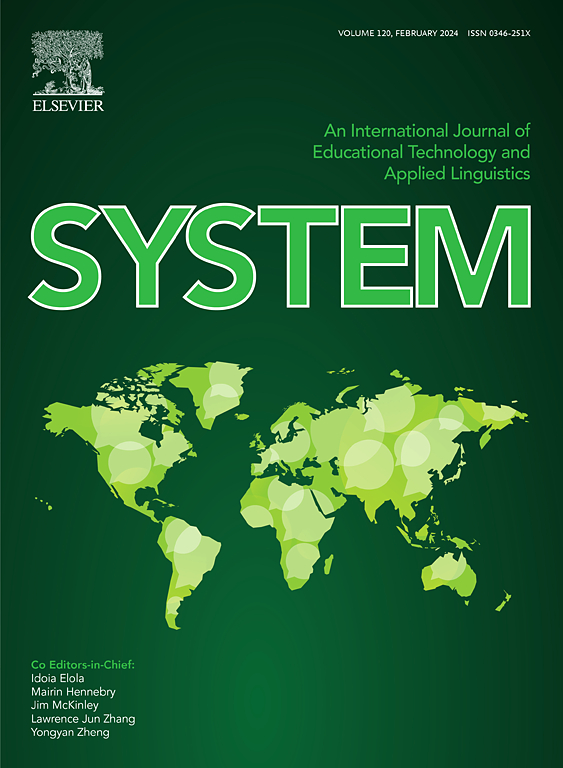肠道菌群通过内质网应激-自噬-细胞死亡信号轴调节肠道炎症
IF 6.5
1区 农林科学
Q1 Agricultural and Biological Sciences
引用次数: 0
摘要
肠道是一个负责营养吸收和消化的复杂器官,它在很大程度上依赖于平衡的肠道微生物群来维持其完整性。对这种脆弱的微生物生态系统的破坏可能导致肠道炎症,这是炎症性肠病(IBD)的标志。虽然肠道微生物组在IBD中的作用越来越被认识到,但其潜在的机制,特别是那些涉及内质网(ER)应激、自噬和细胞死亡的机制,仍然不完全清楚。内质网应激是细胞对各种应激源的反应,可引发炎症和细胞死亡。自噬是一种细胞降解过程,可根据具体情况减轻或加剧内质网应激诱导的炎症。肠道微生物组可以影响内质网应激和自噬途径,使这些过程之间的相互作用进一步复杂化。这篇综述深入研究了肠道炎症背景下内质网应激、自噬和肠道微生物群之间的复杂关系。通过探索这些相互作用的分子机制,我们的目标是为开发新的IBD治疗策略提供一个全面的理论框架。更深入地了解内质网应激-自噬轴、肠道微生物-内质网应激轴和肠道微生物-自噬轴可能为有针对性的干预措施铺平道路,以恢复肠道健康并减轻IBD的影响。本文章由计算机程序翻译,如有差异,请以英文原文为准。
Gut microbiota modulate intestinal inflammation by endoplasmic reticulum stress-autophagy-cell death signaling axis
The intestinal tract, a complex organ responsible for nutrient absorption and digestion, relies heavily on a balanced gut microbiome to maintain its integrity. Disruptions to this delicate microbial ecosystem can lead to intestinal inflammation, a hallmark of inflammatory bowel disease (IBD). While the role of the gut microbiome in IBD is increasingly recognized, the underlying mechanisms, particularly those involving endoplasmic reticulum (ER) stress, autophagy, and cell death, remain incompletely understood. ER stress, a cellular response to various stressors, can trigger inflammation and cell death. Autophagy, a cellular degradation process, can either alleviate or exacerbate ER stress-induced inflammation, depending on the specific context. The gut microbiome can influence both ER stress and autophagy pathways, further complicating the interplay between these processes. This review delves into the intricate relationship between ER stress, autophagy, and the gut microbiome in the context of intestinal inflammation. By exploring the molecular mechanisms underlying these interactions, we aim to provide a comprehensive theoretical framework for developing novel therapeutic strategies for IBD. A deeper understanding of the ER stress-autophagy axis, the gut microbial-ER stress axis, and the gut microbial-autophagy axis may pave the way for targeted interventions to restore intestinal health and mitigate the impact of IBD.
求助全文
通过发布文献求助,成功后即可免费获取论文全文。
去求助
来源期刊

Journal of Animal Science and Biotechnology
AGRICULTURE, DAIRY & ANIMAL SCIENCE-
CiteScore
9.90
自引率
2.90%
发文量
822
审稿时长
17 weeks
期刊介绍:
Journal of Animal Science and Biotechnology is an open access, peer-reviewed journal that encompasses all aspects of animal science and biotechnology. That includes domestic animal production, animal genetics and breeding, animal reproduction and physiology, animal nutrition and biochemistry, feed processing technology and bioevaluation, animal biotechnology, and meat science.
 求助内容:
求助内容: 应助结果提醒方式:
应助结果提醒方式:


